- Dominik Schiener met Philippine Trade Secretary Cristina Aldeguer-Roque to explore integrating IOTA’s TWIN logistics network into Southeast Asia by 2025.
- IOTA’s Rebased protocol introduces a dual-contract system (EVM and MoveVM) enabling 50,000+ transactions per second with minimal latency.
IOTA, a decentralized blockchain solution known for its scalability and efficiency, is ramping up its efforts in Southeast Asia. In a strategic move, Dominik Schiener, IOTA’s co-founder, engaged in an important discussion with Cristina Aldeguer-Roque, the Secretary of Trade for the Philippines. This meeting occurred during a high-profile international summit, setting the tone for IOTA’s expanding footprint in the region.
It was a great honor to meet Her Excellency Cristina Aldeguer-Roque, Secretary of Trade of the Philippines 🇵🇭
We are looking forward to expand IOTA and our trade infrastructure TWIN across South East Asia in 2025.
Let’s connect the world with sovereign digital infrastructure. pic.twitter.com/ADLHAdz1Om
— Dominik Schiener (@DomSchiener) December 12, 2024
The session highlights cooperation between prominent industry leaders and government officials. Discussions reflect a strategic vision to incorporate TWIN into Southeast Asia’s logistics networks, with the aim of implementing it by 2025. TWIN seeks to optimize trade processes by merging physical goods with digital infrastructure, eliminating inefficiencies and boosting transparency.
Rebased Upgrade Solidifies IOTA’s Expansion
In parallel, IOTA continues to evolve its ecosystem by introducing the Rebased protocol, which represents a pivotal upgrade for the platform. Building on earlier updates like Stardust, Rebased brings groundbreaking changes, solidifying IOTA’s standing as a leading blockchain innovator. Features such as low transaction fees, staking rewards, and enhanced scalability further underline its commitment to progress.
The Rebased protocol introduces advanced smart contract capabilities through its unique dual-contract framework, which blends the Ethereum Virtual Machine (EVM) with MoveVM. Developers can now leverage Ethereum-compatible tools or Move-based programming languages to create seamless, scalable solutions on the IOTA network.
Moreover, the Mysticeti consensus switch bolsters the protocol’s capacity, enabling over 50,000 transactions per second with minimal latency. This ensures faster finality while retaining decentralization. Notably, IOTA’s adaptive fee burn mechanism keeps transaction costs low, catering to a wide spectrum of users.
The network’s staking model offers attractive incentives, with an initial annual inflation rate of 6-7% and staking yields as high as 10-15% for participants. Such robust features are steering IOTA toward a sustainable future, fostering innovation in decentralized finance (DeFi) and other blockchain applications.
Expanding Ecosystems and Strategic Partnerships
IOTA’s commitment to scalability is evident in the recent growth of its Ethereum Virtual Machine (EVM) Layer 2 platform. Introduced in June 2024, the platform achieved remarkable success, with its Total Value Locked (TVL) climbing from $30 million to $86 million. To further encourage DeFi adoption, IOTA has set aside $28 million for development over the next two years.
On a global scale, IOTA has forged critical alliances. Notable partnerships include the development of Kenya’s Trade and Logistics Information Pipeline, the tokenization of U.S. Treasuries with Realize, and collaborations with Rabby Wallet, LayerZero, and Pyth Network. These ventures showcase IOTA’s dedication to practical applications of blockchain technology.
As 2025 approaches, all eyes are on IOTA to see how it will continue reshaping the digital landscape, driving transparency, efficiency, and growth across industries worldwide.
Recommended for you:
Source: https://www.crypto-news-flash.com/iota-cofounder-meets-philippine-secretary-of-trade-to-discuss-expansion-in-south-east-asia/?utm_source=rss&utm_medium=rss&utm_campaign=iota-cofounder-meets-philippine-secretary-of-trade-to-discuss-expansion-in-south-east-asia
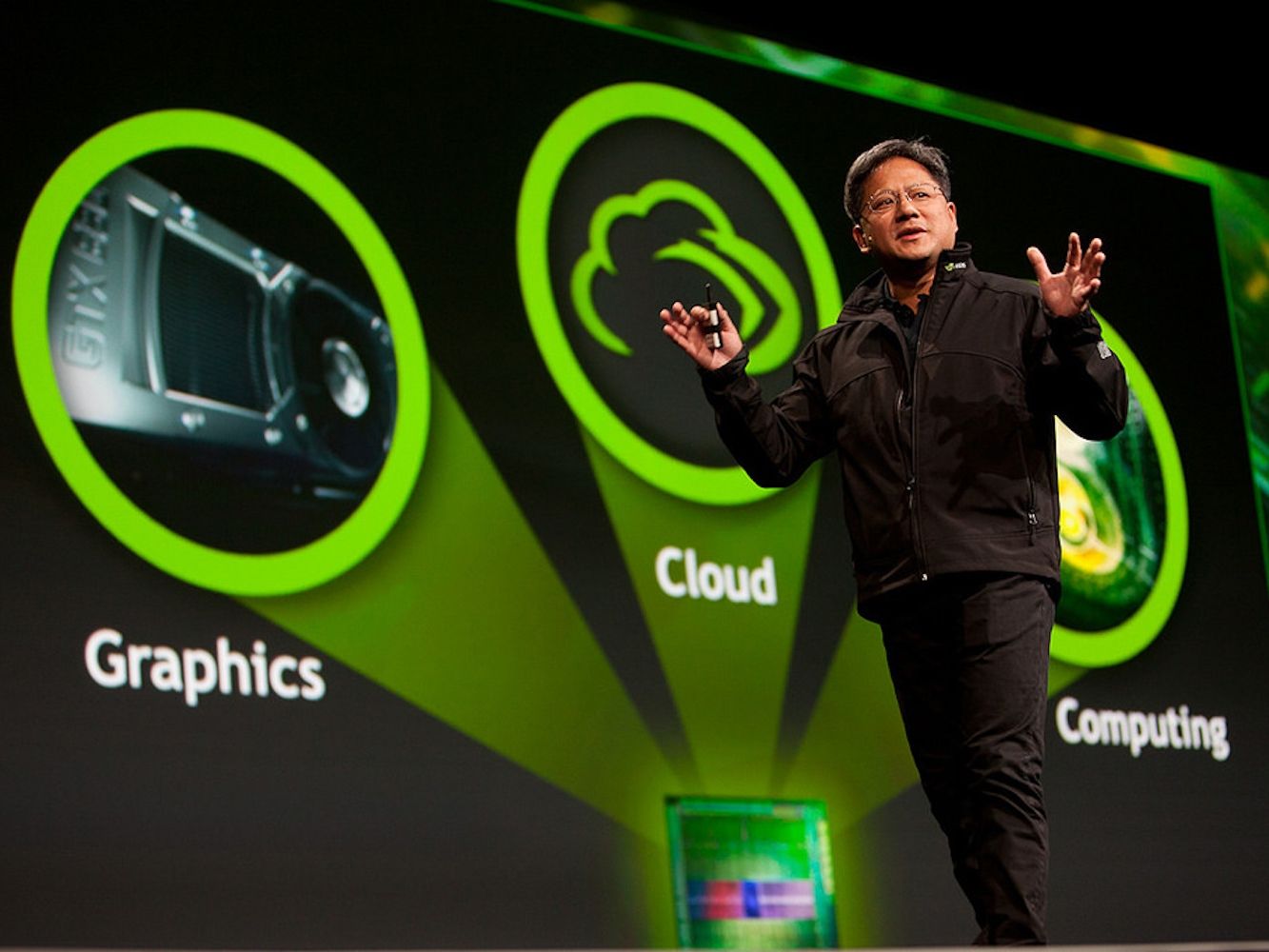
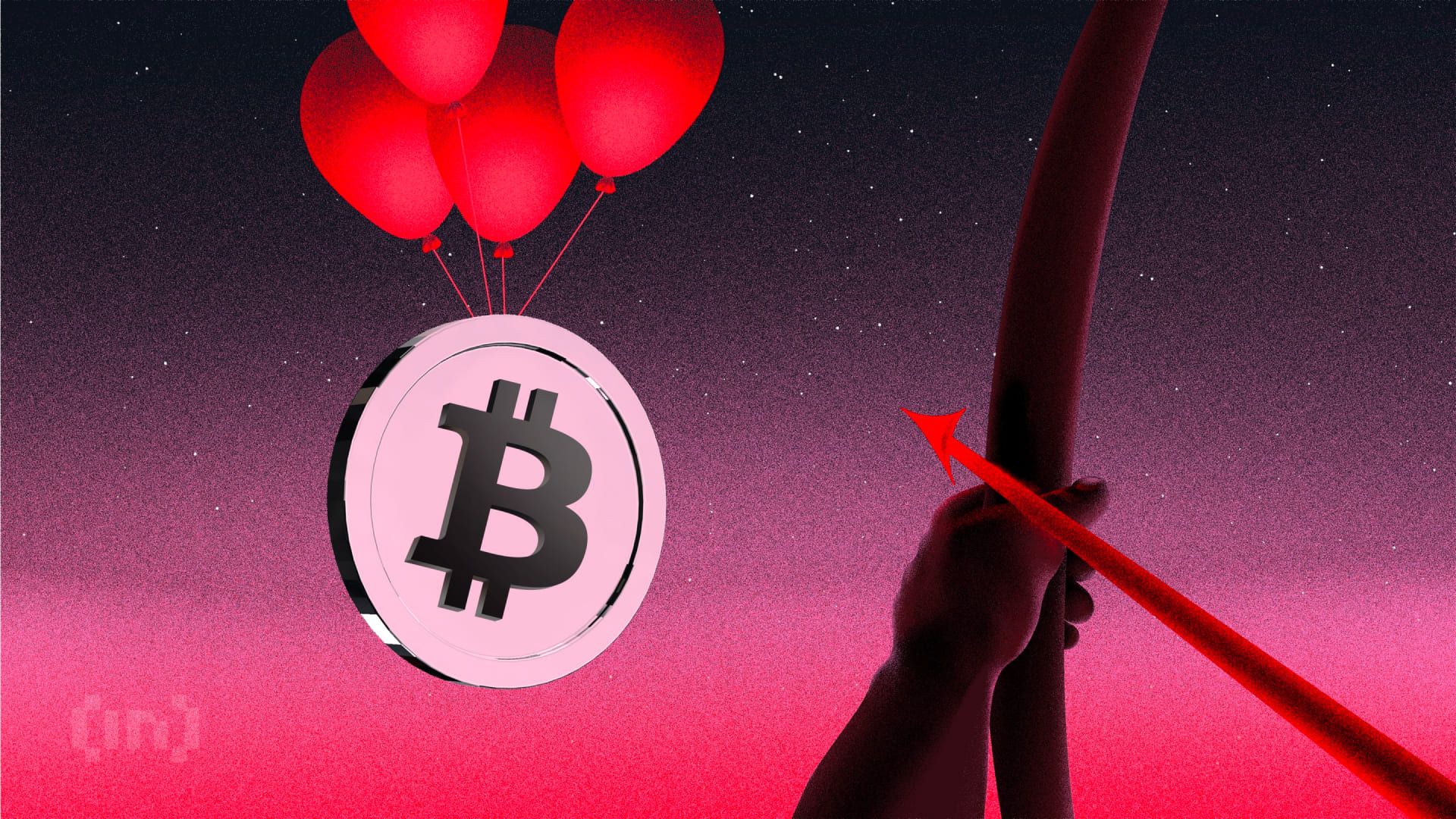
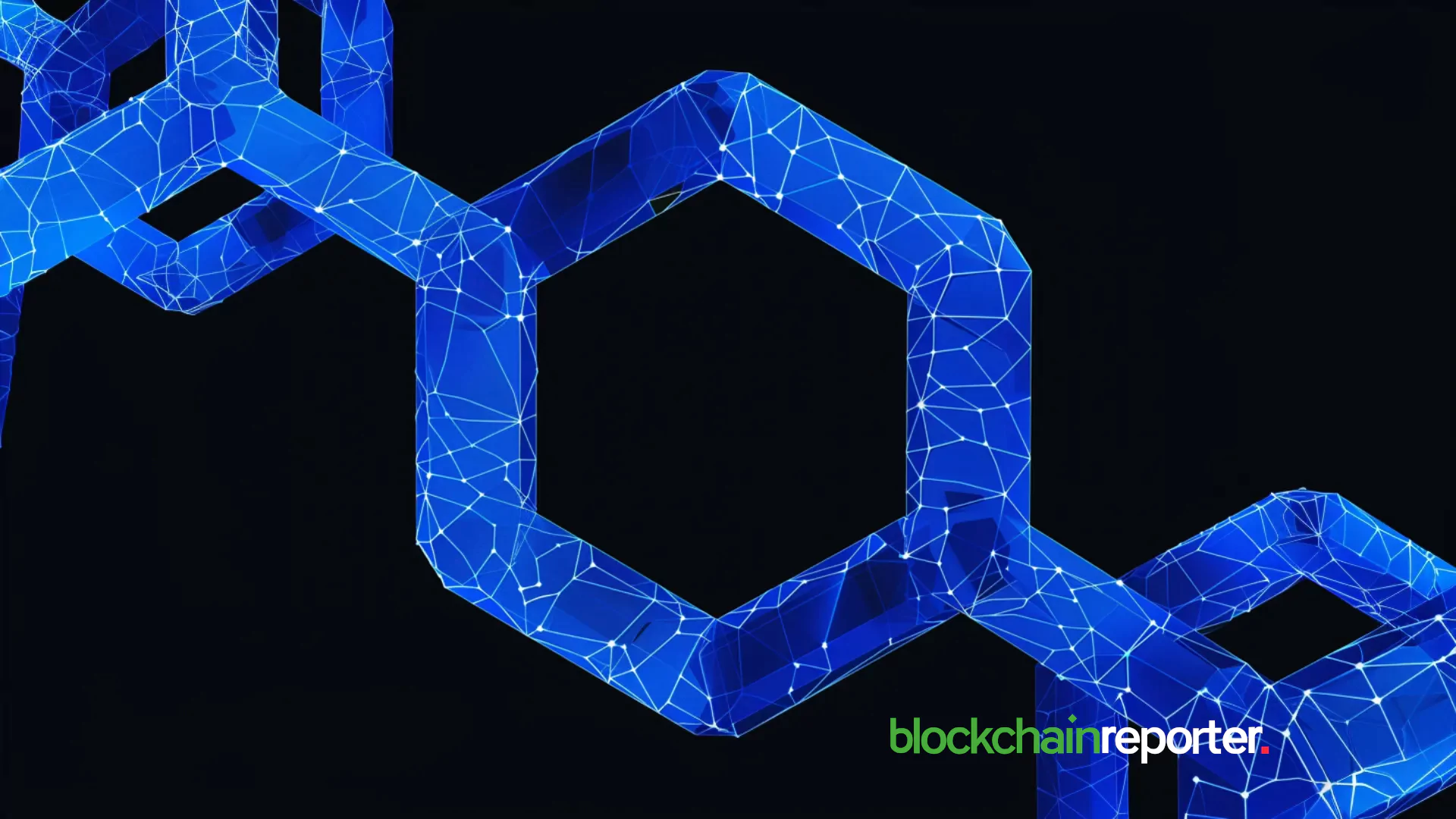

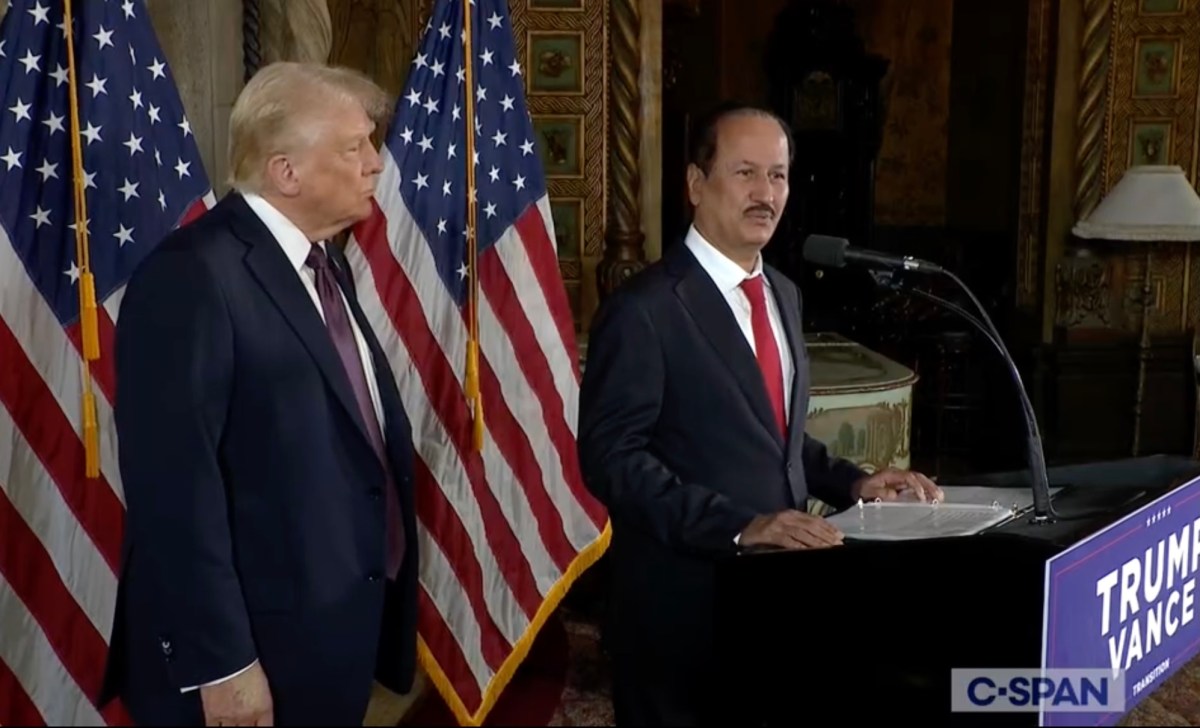

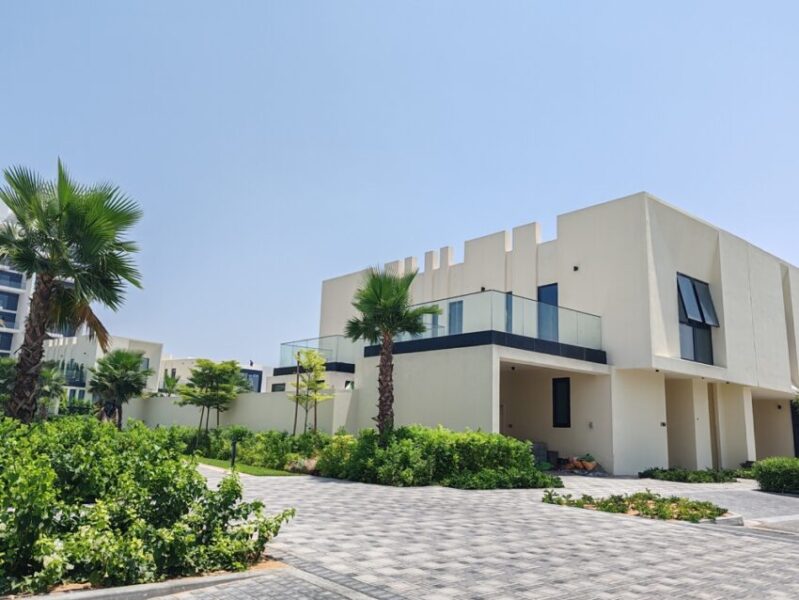


Leave a Comment